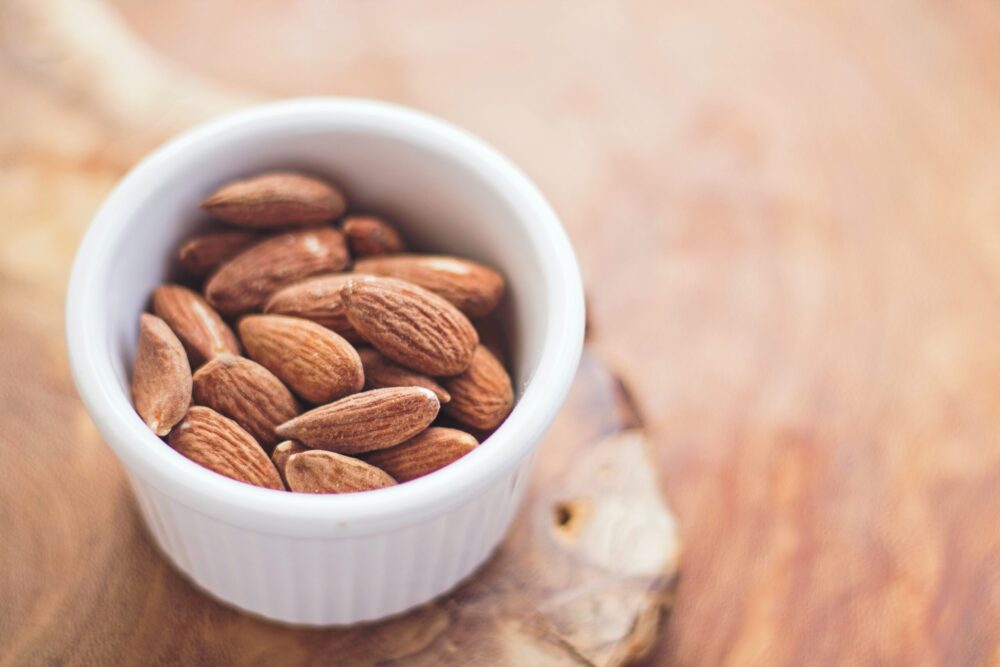
30 Mar Toxic foods for dog
Toxic foods for dog
If you have a dog, you may have been tempted to treat your furry family member to something off your plate. But first, be sure you’re not sharing one of the popular meals that can cause significant, even deadly, medical issues in cats and dogs.
Two animal health researchers in Italy compiled a list of the foods that are the most prevalent causes of pet poisoning throughout the world in a new analysis of studies.
Chocolate
Chocolate is one of deadliest food for dogs, no matter how appealing it is to people and dogs alike. Chocolate includes theobromine, a stimulant that is harmful to dogs and can induce renal failure. Dark chocolate has the highest concentration of theobromine.
Onions, chives, garlic and leeks
Plants in the Allium genius, like as onions, chives, garlic, and leeks, are frequently toxic to dogs and cats. Organosulfoxides are chemicals found in these common substances. The organosulfoxides in the plant are transformed into a complicated combination of sulfur compounds when the animal consumes it, which might cause the animal’s red blood cells to break down. Even a small amount of onion (around 5 grams per kilogram of body weight for cats and 15 to 30 grams per kilogram for dogs) might induce hazardous alterations in the blood of the dog or cat.
According to the research, there were 69 documented cases of dog poisoning and four cases of cat poisoning from Allium foods between 1994 and 2008. Raw and baked garlic, Catalan spring onions (often known as “calcot”), onion soufflé, butter-cooked onions, and steamed dumplings with Chinese chives were among the goodies in the cases. Even after being cooked or dried, onions and other Allium plants retain the chemicals that produce their harmful effects, according to the study.
Caffeine
Caffeine, like chocolate, is a stimulant. Caffeine has a stronger effect on dogs than it does on humans. A few of laps of tea or coffee is unlikely to hurt your dog, but if he consumes a handful of coffee grounds or tea bags, he may be in danger. Caffeine intoxication has symptoms and treatments that are similar to chocolate poisoning.
Nuts
Nut poisoning might be the cause of your dog’s seizures, lethargy, vomiting, or loss of muscular control. Macadamia nuts are particularly dangerous to dogs and cats. Many nuts are heavy in fat and sodium, which can lead to a range of health problems.
Mushrooms
Remove any wild mushrooms from your yard if your dog or cat has access to it. In comparison to store-bought mushrooms, wild mushrooms usually do the greatest damage. Seizures and vomiting can result from just a few bites.
Milk and Milk based products
Did you know that cats and dogs can’t eat lactose? Cow’s milk should not be given to your pets since it might induce diarrhoea, feces, and digestive discomfort.
Avocado
Persin, a toxin found in this fruit, may induce gastrointestinal discomfort in cats and dogs. Avocado pits provide a greater danger than the fruit itself. Keep them away from pets as they might be a choking danger.
Alcohol
Even little quantities of alcohol can produce drunkenness, as well as significant drops in blood sugar, blood pressure, and body temperature, as well as vomiting, seizures, respiratory failure, coma, and, in the worst-case scenario, death.
Xylitol
Xylitol is a sugar alternative that may be found in sugar-free chewing gum and lollipops, as well as some toothpaste and peanut butter brands. When consumed in high doses, it can induce a life-threatening decline in blood sugar levels, liver failure, and even death.







No Comments